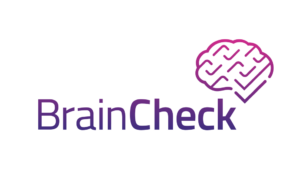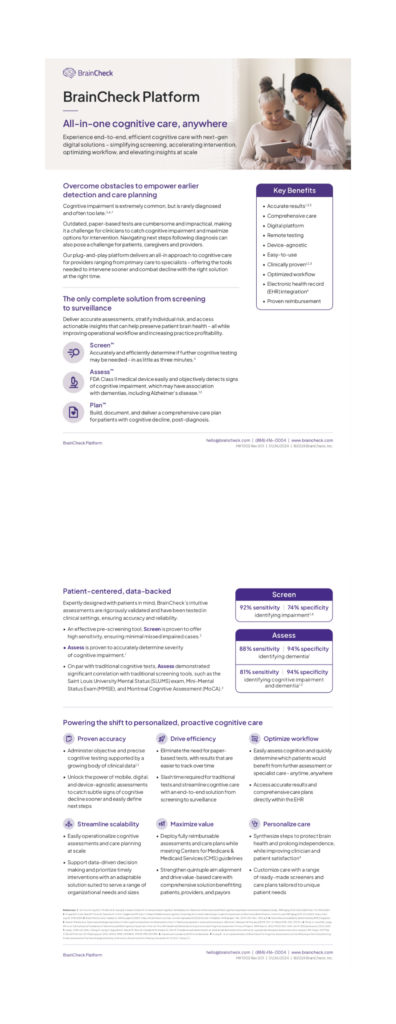Exercise has many benefits to your health. As far as your brain is concerned, regular activity promotes increased brain volume and plasticity, two primary keys to staving off cognitive decline.
Although aerobic activities like walking and running are particularly beneficial to brain health, other activities such as weightlifting and yoga are just as helpful.
Over the last two million years humans have evolved into the only primates capable of sustained endurance running. Important for scavenging and fleeing from predators, running played a vital role in the survival of our species. As such, our bodies evolved in many ways, such as longer legs and stride length, to improve our running ability. Additionally, running has and continues to improve our cognitive abilities. But how?
200,000 years ago when cars didn’t carry us across state-lines in a matter of minutes and when groceries couldn’t be ordered with the push of a button, distance running was purposeful and required complex cognitive processes. Humans needed to retain and recall details of their surroundings, such as the location of predators, and areas of potential food and water sources. In essence, those with the greatest endurance capacity generally had better cognitive ability as well.
Although you no longer have to hunt for your food or travel 100 miles by foot, your brain still benefits from physical activity.
Physical and aerobic activities
Participating in aerobic activities, such as running, swimming, jump roping, or dancing can improve your brain health by flooding the brain with oxygen and nutrients. Since the brain requires a constant supply of oxygen and glucose, but can’t store either of the molecules, it must rely on a steady supply from circulating blood.
Exercise elevates your heart rate, delivering more oxygen, glucose, and nutrients to your brain. The average human brain has an amazing 400 miles of blood vessels, but this number gradually decreases with age. Exercise can help offset brain aging by building new capillaries.
Furthermore, exercise increases brain volume by raising levels of chemicals that promote new brain cell formation and new neural connections, especially in the hippocampus — the part of the brain responsible for learning and memory. Regular weekly exercise has shown to increase hippocampal volume by 2%.
It’s never too late to start exercising, so get moving and start improving your brain health today.



